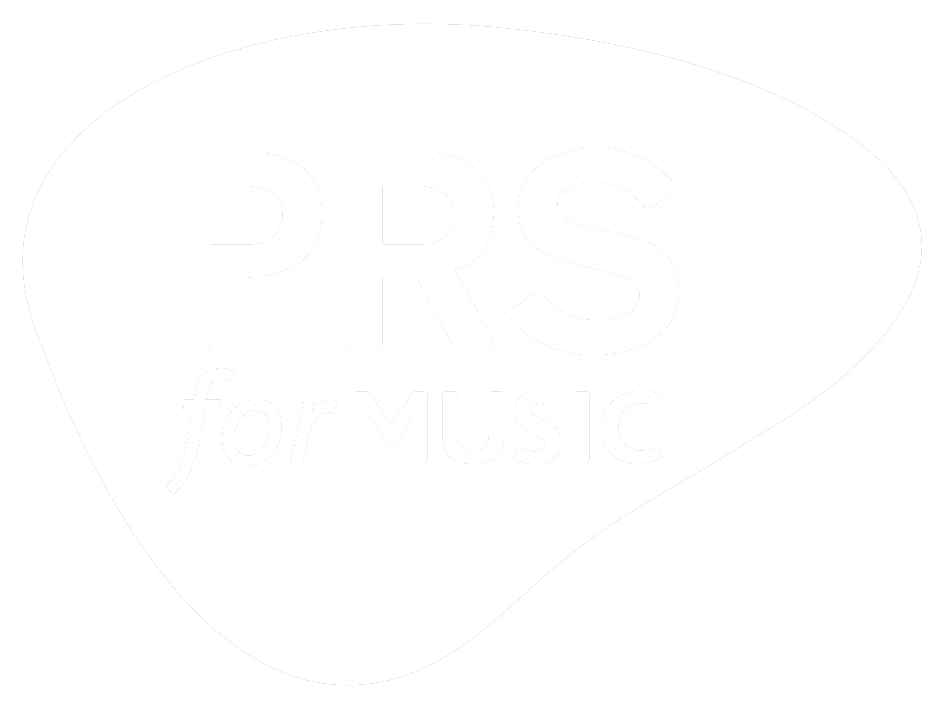Hosted by Katie Melua, the event featured MNEK, Carla Marie Williams, William Orbit and BASCA Fellow Don Black. The songwriters discussed different processes, the craft of songwriting and its evolution throughout the years.
Ivor Novello winner and FAC CEO Imogen Heap was there to introduce the panel, saying that songwriters “are the source of the music industry”. She stressed the importance of getting together to “discuss these very fragile early beginnings of what the whole industry is built upon… songs.” She added, “this is where the story begins”.
KATIE MELUA
Heroes: Bob Dylan, Joni Mitchell, Leonard Cohen, Hoagy Carmichael & Lorenz Hart.
- One process that, I would say, has changed my way of writing songs is getting to grips with scansion and the rhythm of words within a sentence, matching that of the melody – it’s actually not that simple to get your scansion perfectly combined with the music, to make it make sense and move your story along.
- There are four stages to becoming a great artist – the first is you’re no good and you don’t know it; the second is you’re no good but you know it; the third is that you’re getting better and you don’t know it; and the fourth is, finally, you’re great and you know it.
- I always had lots of ideas and inspiration, but for me, it was learning the rules that have actually helped me move forward – you know, to technically understand different musical disciplines. My options have been opened up immensely. I find structure and discipline extremely inspiring and extremely evocative.
- [Your song becoming a hit] is just not in your hands, because I think there are so many things that influence that happening. What I’m interested in is, what can I do to make it better? How can I refine the quality of my songwriting more and more?
- There are certain artists that make records as the artist – from their perspective… looking for their artistic mission. Whereas, if you flip it, you look at it as: “what do I want to hear as a listener?”
- Don once said to me: “Have you read the lyrics out loud?” I’d been looking at it from the perspective of a write, but that conversational aspect of the lyric is so important. It’s like you want the artist to make you feel like you’re chatting to a friend… it’s like there’s an imaginary relationship between you and the character in the song.
DON BLACK
Heroes: Irving Berlin, Cole Porter & Frank Loesser.
- It isn’t just about talent, it’s about temperament. If you’re a songwriter, much like any aspect of show business, disappointment is inevitable.
- Anyone can sing “you don’t love me anymore”, but it took Barry Mann to say “you’ve lost that loving feeling”… that’s what I always look for.
- Rhyme is terribly important. It enforces, it clarifies, it focuses – it should seem effortless, and if you notice it, it isn’t right.
- To me, a great song is something that leaves you moved, drained, changed in some way. It should be very conversational and have a spontaneity about it, as if the singer has just made it up.
- A great song is not for anyone in particular, it’s for everyone, and you want to touch a lot of nerves. That’s what you want: a universal thought, a primal thought. An idea that you haven’t heard before.
WILLIAM ORBIT
Heroes: Paul Simon, Jimi Hendrix (but not because of the songs).
- Listen to the people around you. People project what they perceive back to you. If you throw down some ideas and people respond well, then they’re telling you something important.
- Pick up on phrases that everyone knows but people just haven’t put together into a song yet. You pick this up from conversation and reading.
- I do like a bit of mystery – a song that I haven’t quite got the meaning of, that I still want to work out. Something that’s a little bit puzzling to me.
- Everybody brings an idea in [to a writing session] and we mercilessly kick the shit out of it repeatedly and if that idea can get on its feet and struggle out of the room then maybe it’s got a chance.
- Perhaps working on rhyme and scansion for a song is where reading poetry does help, with the ebb and flow of rhymes.
CARLA MARIE WILLIAMS
Heros: Burt Bacharach, Hal David, Diann Warren, Ester Dean & Linda Perry.
- [When working on a new song for the first time] I sing what’s from the heart – put a mic in front of me and record my first reactions to the music.
- Once you choose your best melodic idea, do it for 9 minutes. If by then you haven’t got to the heart of your song then put it down and come back. Or break down the parts you have, sit down, write your lyrics and make it into a story.
- At Xenomania, we were melody-led, so we wouldn’t compromise a melody for a lyric. If it doesn’t rhyme with the melody that’s being delivered, you better find a lyric that does work.
- I made the conscious decision not to get bogged down by learning the rules, because you can make your own rules in music. I feel like, sometimes, when people study, they’re stunting creativity because they’re just going by a textbook.
MNEK
Heroes: Dianne Warren, Jam & Lewis, Babyface.
- I’d recommend working from a digital audio work station to at least have the choice to make your own songs – to have that control and gain knowledge about the process of making music.
- A great song is one that you just want to listen to again and makes you feel something. It makes you want to listen to every word. A song that you listen to over time and pick up new things about it.
- The second I come out of the studio, I treat it as if I’m a regular music listener – I take the writing process out of my head and if I’m obsessed with it, then I know there’s something to it.
- From a production point of view, with the kick and the snare, I’ve always thought of the way that I put the pattern together from a choreography perspective. Like, how would a dancer move to this? Would they want to dance to this? And I think it’s the same with songwriting. You make songs because you want someone to sing along to it.
Article first featured in The Works [2017]





